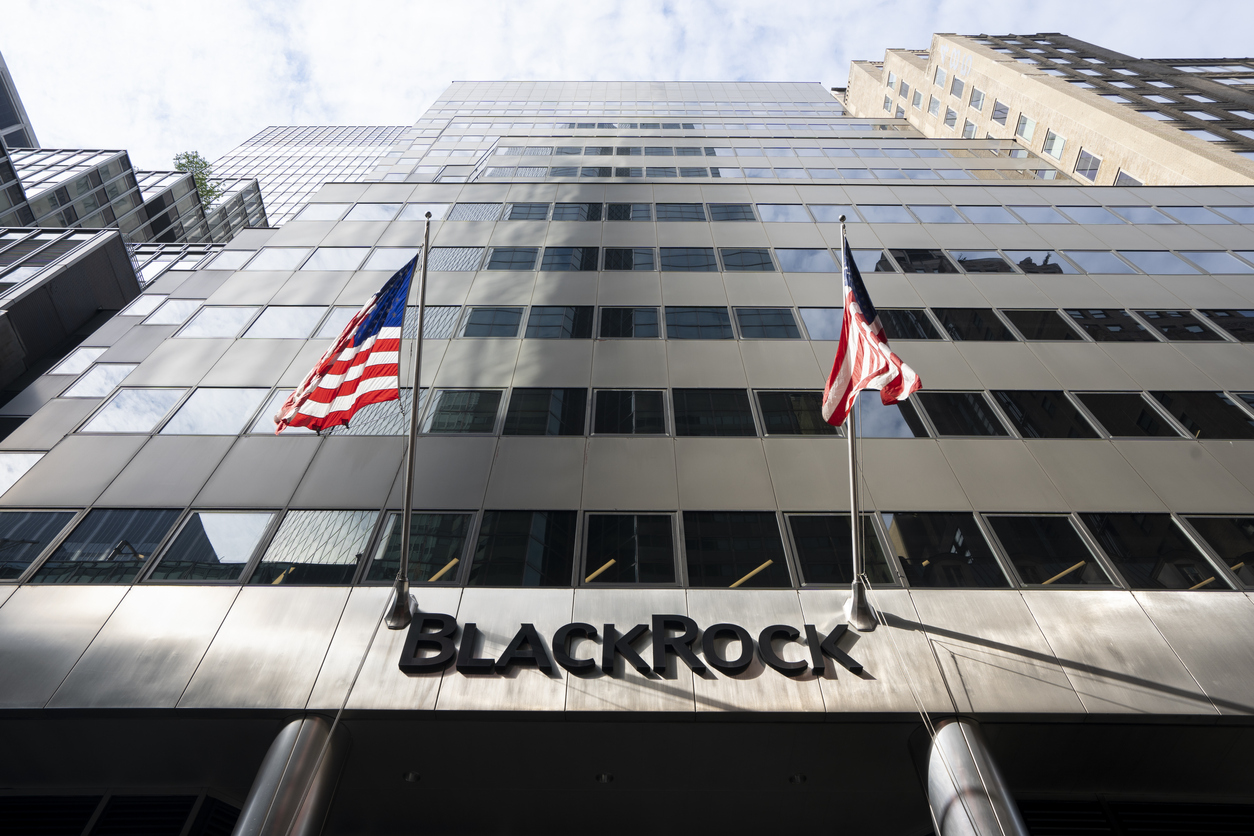The Tidal Wave of Institutional Home Buying: A Glimpse into the Future
If you seek evidence of a financial system favoring the wealthy and disempowering the average citizen, look no further than the residential real estate market. A startling prediction by MetLife Investment Management indicates that by 2030, institutional investors might control 40% of U.S. single-family rental homes. This shift could be detrimental for younger generations like Millennials and Gen Z, essentially turning them into a generation of renters in a world where ownership becomes a distant dream.
The Rich Get Richer: How Wall Street Wins
The past year has been tumultuous for the equity markets, with significant selloffs occurring in June, October, and March. This volatility impacted average investors severely, but it was a golden opportunity for Wall Street giants. Firms like BlackRock, State Street, and Vanguard capitalized on these moments, expanding their investment portfolios massively. These institutions, driven by the burgeoning passive investment funds sector, including ETFs, have grown indifferent to short-term market fluctuations, focusing instead on long-term asset accumulation.
A System Rigged for the Big Players
In this era of loose fiscal policies and surging liquidity, valuations have been pushed to near pre-pandemic levels, with institutional investors leading the charge in building substantial positions. The current system, abetted by continuous central bank interventions, seems to favor these institutional giants. They benefit from the earliest access to capital, often at the expense of individual investors who are left to deal with market volatility and uncertainties.
Housing Market: The New Frontier for Big Money
Wall Street’s reach extends beyond traditional markets into aspects critical to the American dream – affordable housing. These financial behemoths are not just investing in housing for profits but altering the nature of homeownership in America. Their goal is not to facilitate equity building for families but to convert what was once a path to personal wealth into a continuous revenue stream for themselves.
The Illusion of a Housing Market Crash
Despite some Twitter chatter predicting a housing market crash, the reality seems far from it. The combination of low supply, regulatory complexities, and continued interest from cash-rich institutional buyers keeps the market buoyant. Even in a scenario where the Fed slashes interest rates, sparking a surge in property listings, the primary beneficiaries will likely be these cash-flush institutional funds, outbidding regular Americans every step of the way.
The Unaffordable American Dream
The current trajectory suggests a challenging future for aspiring homeowners, especially Millennials and Gen Z. The dream of owning a home is becoming increasingly unattainable as they compete against institutional investors with deep pockets. This situation is further exacerbated by the Federal Reserve’s monetary policies, which, in an attempt to stabilize the market, might unintentionally fuel further institutional dominance in the housing sector.
The Tomorrow of Real Estate: Controlled by a Few
As we peer into the future of the U.S. housing market, its clear that the control is shifting rapidly into a few powerful institutions. This shift changes the landscape of homeownership and raises serious questions about the long-term socio-economic impacts on average Americans, who find themselves perpetually on the outside looking in.
In conclusion, the rise of institutional investors like BlackRock, Vanguard, and State Street in the residential real estate market is reshaping the American dream of homeownership. At the same time, these institutions may see housing as a lucrative investment opportunity. Still, it is essential to consider the broader consequences of this trend, particularly for younger generations striving to achieve the dream of owning a home. As the housing market landscape evolves, it’s crucial to monitor the impacts on individuals and communities and advocate for policies that promote a fair and equitable housing market for all.






